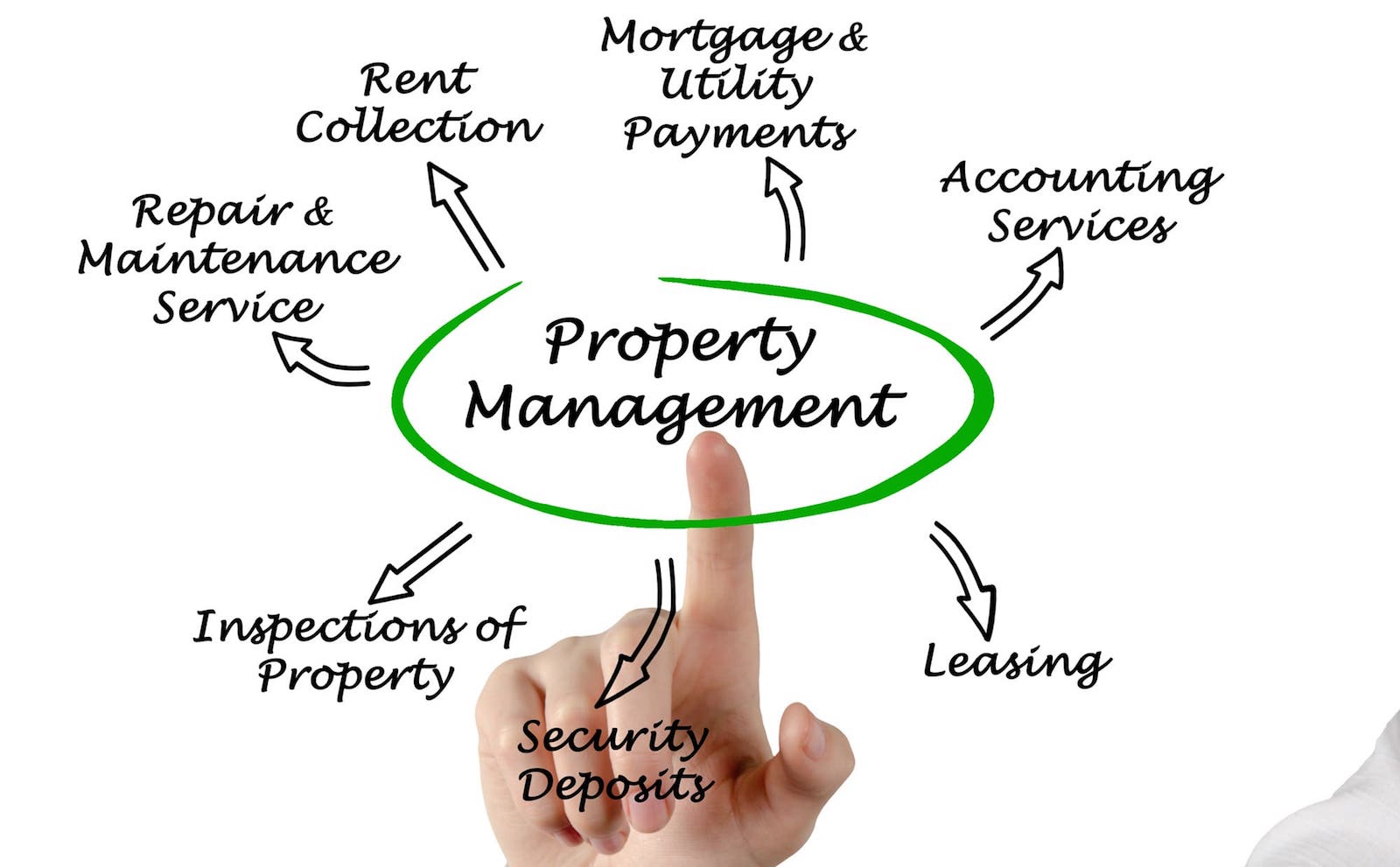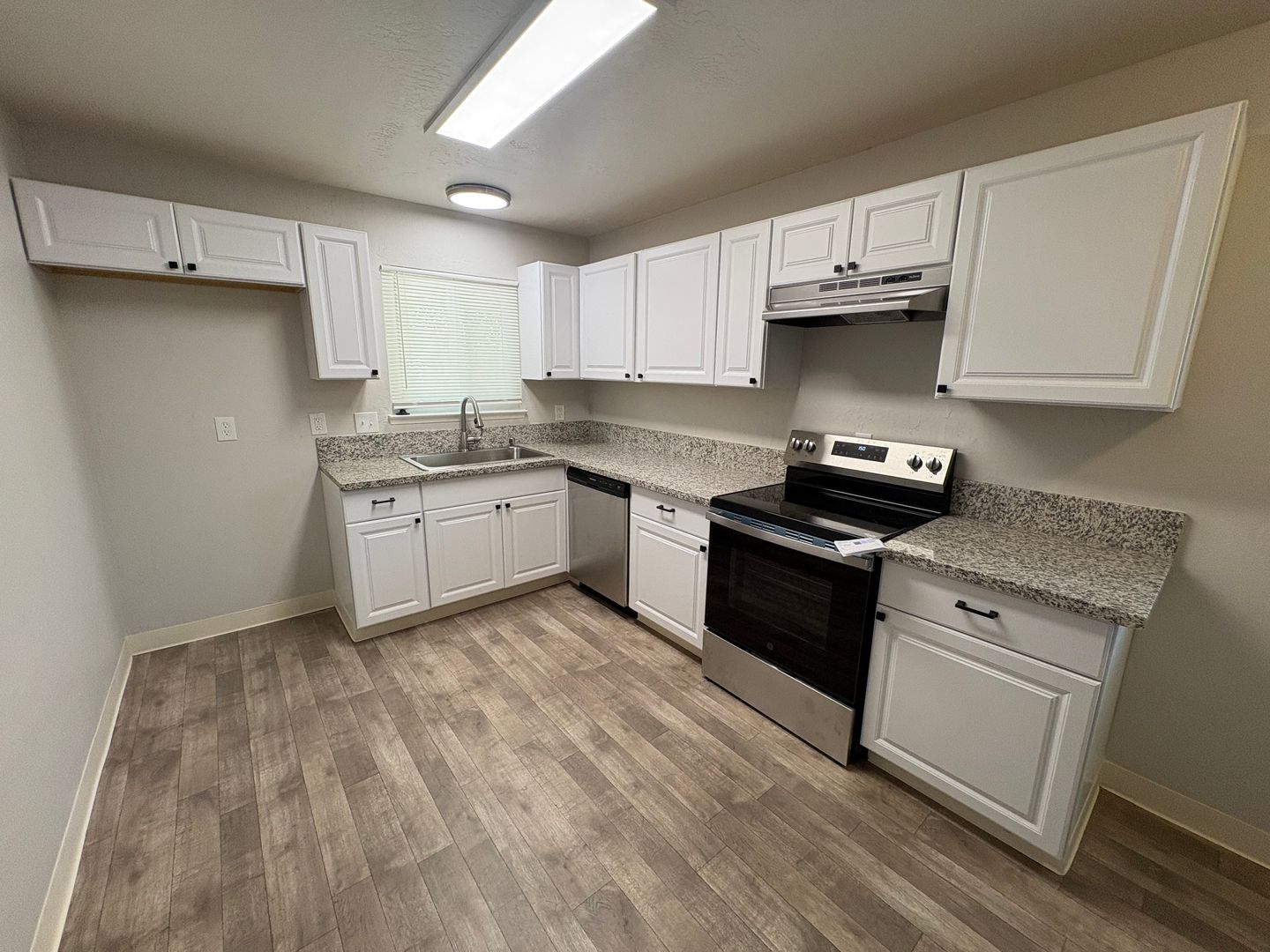How Property Management Services can Save You Time, Stress, and Money.
Table of ContentsNot known Facts About Property Management Services


Property monitoring experts, also referred to as building supervisors, play a pivotal role in maintaining the worth, performance, and earnings of realty properties. They work as the intermediary between homeowner and occupants, making sure smooth procedures while securing the financial investment. The range of duties for building monitoring specialists is wide, covering monetary, operational, legal, and strategic duties. Understanding these responsibilities can provide understanding right into why working with experienced experts is essential for both residential and business building owners.Financial ResponsibilitiesA core duty of building administration professionals is supervising the financial aspects of a home. This begins with establishing proper rental rates by conducting market evaluation and understanding comparable property worths in the area. Building managers review regional need, seasonal patterns, and financial elements to establish prices that are competitive yet rewarding. Proper prices ensures high tenancy rates while making best use of profits for the residential property owner.Once prices are established, building management professionals handle lease collection. They apply consistent systems to make sure lessees pay on schedule, address late settlements professionally, and implement lease terms when essential. Beyond lease collection, building supervisors are in charge of budgeting. They track expenditures such as repairs, upkeep, energies, building taxes, and insurance costs. By forecasting money flow and keeping accurate financial records, they supply home proprietors with a clear understanding of property performance.Financial reporting is another vital task. Residential or commercial property managers prepare monthly, quarterly, and annual reports summarizing income, expenses, and net operating income. These reports make it possible for owners to make informed decisions concerning their financial investments. Additionally, residential property managers typically coordinate with accountants or tax professionals to ensure conformity with neighborhood, state, and government tax policies, reducing liability threats for the property owner.Operational ResponsibilitiesProperty monitoring specialists manage the everyday operations essential to keep and improve the residential or commercial property's condition. Maintenance and repairs are a substantial part of their responsibilities. This entails routine evaluations to identify possible problems, preventive upkeep to avoid pricey repair services, and responding without delay to renter upkeep demands. Home supervisors coordinate with professionals, suppliers, and provider to execute work successfully and within budget.Another operational job is handling tenant relationships. Home managers take care of problems, requests, and inquiries, making sure a positive living or functioning environment. Reliable communication cultivates renter contentment and retention, which is critical for minimizing jobs and keeping constant income streams. Residential property supervisors also perform comprehensive screening of potential lessees, evaluating background checks, credit history, employment verification, and rental recommendations to choose trusted occupants.Compliance with residential or commercial property policies is an essential functional duty. Property managers ensure that properties meet local building regulations, safety and security requirements, and availability demands. They stay updated with changes in housing regulations, zoning laws, and landlord-tenant regulations, making certain that both the building and its monitoring techniques stay legal. This includes proper handling of down payments, eviction procedures, and reasonable real estate regulations.Leasing and Advertising ResponsibilitiesMarketing the residential property successfully is one more vital obligation. Property monitoring specialists produce and perform strategies to bring in occupants through numerous networks, consisting of online listings, social media sites, signs, and conventional advertising. They craft engaging residential property descriptions, highlight vital services, and utilize professional digital photography to display the home's appeal.The leasing process is additionally handled by property specialists. They prepare lease agreements, describe conditions to tenants, and make certain all legal documentation is properly completed and signed. Lease revivals are kept an eye on to maintain high tenancy prices, and property managers often work out terms that profit both the lessee and the owner. By managing this process properly, residential or commercial property supervisors minimize risks related to lawful disagreements and tenant dissatisfaction.Strategic ResponsibilitiesBeyond everyday management, home monitoring specialists provide calculated assistance to improve long-lasting building value. They advise owners on funding enhancements, improvements, and property upgrades that can increase rent potential or attract higher-quality renters. They may conduct marketing research to identify emerging trends and opportunities for residential or commercial property expansion or diversification.Risk management is an essential tactical responsibility. Home managers determine prospective risks to the residential property's safety and security, monetary security, or lawful standing and carry out actions to mitigate these threats. This consists of examining insurance policy protection, keeping an eye on ecological threats, and enforcing safety and security methods. Their strategic input assists homeowner secure and grow their investment portfolio over time.Administrative ResponsibilitiesProperty monitoring includes substantial administrative job. Building managers maintain thorough records of leases, economic transactions, maintenance requests, evaluations, and lessee communications. Exact documentation sustains legal conformity, supplies accountability, and works as a resource in resolving disagreements or dealing with renter concerns.Additionally, residential or commercial property supervisors coordinate with various other specialists, such as realty representatives, accountants, attorneys, and insurance carriers, to ensure seamless procedures. They may likewise take care of vendor contracts, solution arrangements, and procurement of materials essential for home upkeep. Via these administrative functions, residential property supervisors create a organized and reliable monitoring system that profits both homeowner and tenants.Tenant Retention and Area ManagementA substantial aspect of home monitoring is lessee retention. Residential or commercial property managers carry out methods to make certain tenants feel valued and satisfied, including timely maintenance, receptive interaction, and neighborhood interaction. In commercial or multi-unit homes, building supervisors might arrange events or initiatives that promote a feeling of area, adding to tenant loyalty and decreasing turn over rates (Property Management Services).They likewise moderate disputes in between lessees when disagreements arise, using problem resolution abilities to preserve harmony within the home. By proactively dealing with renter concerns and cultivating favorable connections, residential or commercial property managers lower openings prices and preserve a stable revenue stream for residential or commercial property owners.Sustainability and Technology IntegrationModern property monitoring significantly includes sustainability practices. Property supervisors might execute energy-efficient upgrades, water preservation systems, and eco friendly waste management methods. By promoting lasting home operations, building managers help in reducing operational expenses, improve residential property value, and interest ecologically conscious tenants.Technology combination is also a growing duty. Building administration software permits managers to track leases, payments, upkeep demands, and communication successfully. Automated systems enhance reporting, enhance data accuracy, and enhance the total occupant experience. Technology also allows residential or commercial property supervisors to assess performance metrics and recognize chances for renovation, making sure that the residential or commercial property continues to be affordable in the market.Emergency and Crisis ManagementProperty monitoring professionals should be prepared to handle situations and emergency situations. This includes natural catastrophes, fires, flooding, or various other unforeseen events that might interfere with procedures or damage the home. Building supervisors create emergency reaction plans, coordinate with neighborhood authorities, and make certain that lessees are educated and secure during such events. Their ability to react swiftly and effectively lessens damages and preserves renter confidence.Legal and Regulative ComplianceCompliance with regional, state, and federal laws is a necessary duty. Property monitoring specialists make sure that all methods stick to landlord-tenant laws, reasonable housing regulations, zoning statutes, and safety and security codes. They manage leases, manage evictions lawfully, and make sure appropriate documentation for all property-related purchases. Remaining informed concerning transforming policies protects the home owner from lawful conflicts, fines, or penalties.ConclusionProperty monitoring professionals wear several browse around this site hats, balancing operational, economic, legal, strategic, and management duties. Their function expands past simple oversight; they are essential to taking full advantage of residential property value, guaranteeing tenant complete satisfaction, and mitigating risks. By handling the complexities of residential or commercial property operations, home managers enable owners to concentrate on more comprehensive financial investment goals while guaranteeing that residential properties are successfully maintained and profitable.From lessee screening and rent out collection to advertising, upkeep, compliance, and lasting strategic planning, residential property management professionals offer detailed services that safeguard and improve the worth of property investments. Their expertise is important for browsing the obstacles of home possession, and working with seasoned residential or commercial property administration experts is commonly a vital factor in achieving sustained success in the property sector.In short, residential or commercial property administration professionals ensure that residential or commercial properties are not only maintained but optimized, creating environments that are safe, well-functioning, and monetarily fulfilling. Their varied duties call for a mix of technical skills, legal expertise, economic acumen, and social capabilities. Ultimately, effective property management safeguards financial investments, maximizes returns, and adds to the lasting success of homeowner in a progressively competitive market.
